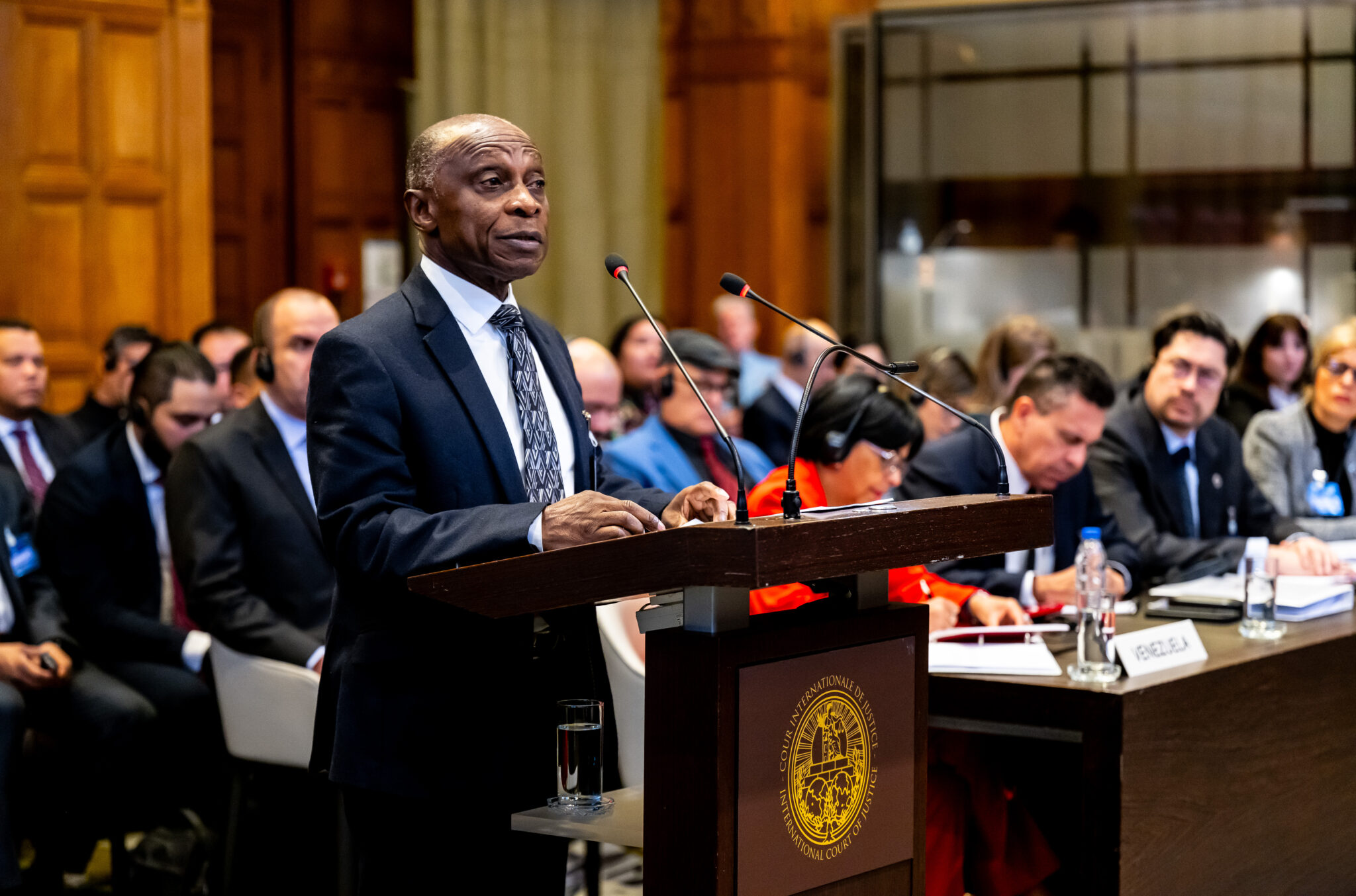Guyana’s representative at the International Court of Justice (ICJ), Carl Greenidge, has expressed confidence that the long-standing border dispute with Venezuela can be resolved without unnecessary delays, targeting a conclusion next year.
“This case has been very long in getting to where it is now. And for that reason, I wouldn’t want to think that there can be any justifiable delays in the court concluding its decision,” Greenidge told OilNOW in an invited interview.
He explained that the court is expected to examine written submissions from both Guyana and Venezuela in early 2026 before moving toward a decision later that year. “I don’t see any justifiable reason why the court may want to facilitate a further extension of this case, bearing in mind that the issues are clear-cut,” Greenidge added.
According to him, Venezuela has already indicated it will not accept the court’s ruling, despite making “extensive presentations in writing” to the ICJ. He stressed that the matter being examined was already “the subject of extensive deliberations in 1899 so there’s very little new”.
Greenidge said Venezuela’s arguments largely challenge the ICJ’s jurisdiction: “The court has been clear that it has jurisdiction and it is not in the habit of revisiting certain decisions.” He emphasized that while parties sometimes introduce new claims to delay proceedings, “I think it would be hard to justify it in the circumstances, where basically they’re trying to rerun 1899.”
He noted that fresh historical research has strengthened Guyana’s case. “New research has consolidated Guyana’s case; it has reinforced the arguments we will be making,” he said. Greenidge dismissed Venezuela’s reliance on claims of discovery, remarking, “You can’t remedy [this] by calling upon or appealing to the court to look at morals or what is morally right.”
He asserted: “We know the case on our side is strong.”
The case centers on the 1899 Arbitral Award, which legally determined the boundary between the two countries. Venezuela, after accepting the boundary for decades, declared the award null and void in 1962 and has since claimed over two-thirds of Guyana’s territory in the Essequibo region.



